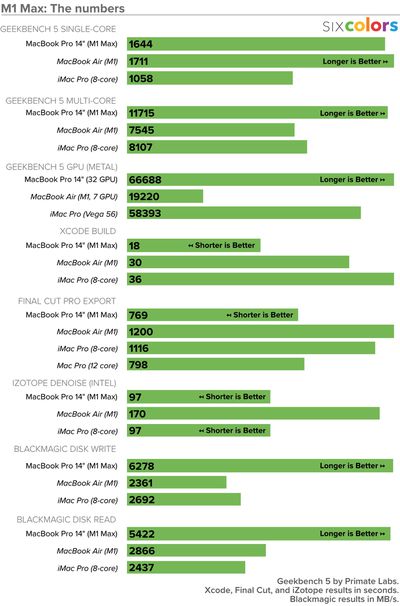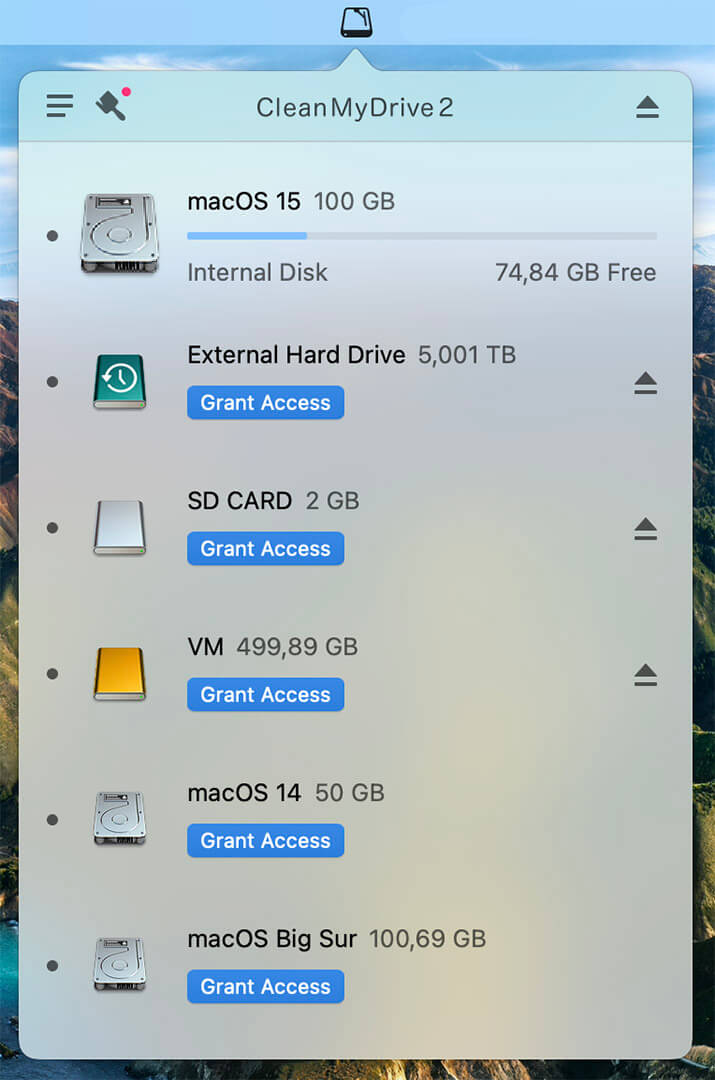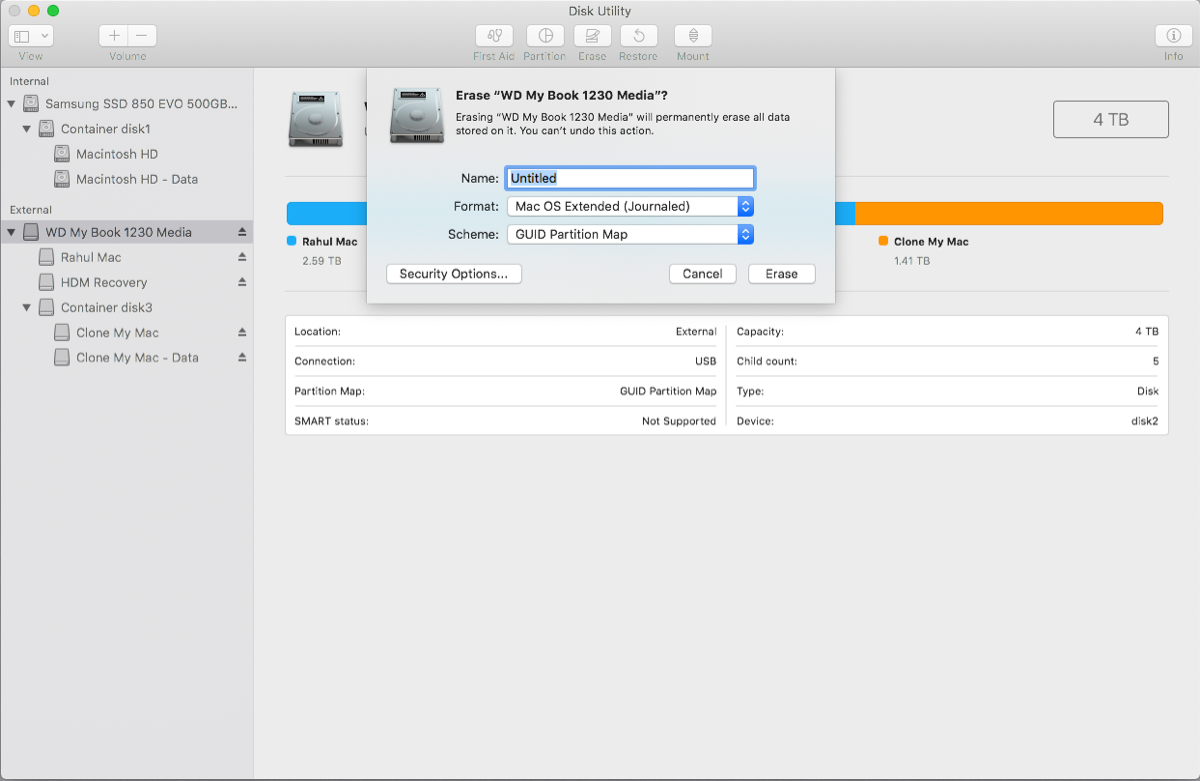

- Best disk utility for mac 2016 reviews for free#
- Best disk utility for mac 2016 reviews software#
- Best disk utility for mac 2016 reviews code#
We can't say grayware is harmless, because it can negatively affect a computer's performance and the privacy of the user.

Broadening the classification, we could say grayware is apps or files that aren't classified as viruses or Trojan-horse programs. Adware, dialers, joke programs, remove access tools and any unwanted files and programs are included in the grayware classification.
Best disk utility for mac 2016 reviews software#
GraywareĪpplications that fall under this classification behave in an annoying manner such as those using pop-up windows, but they are less serious and troublesome than malicious software or malware.
Best disk utility for mac 2016 reviews for free#
Freeware the abbreviated term for free software. Software that is available for use at no monetary cost.
Best disk utility for mac 2016 reviews code#
It has to be differentiated from free and open-source software since freemium software’s source code is typically unavailable. Although it is free of charge, it typically has premium features that require a payment should you wish to use all of the software’s functionalities. Freemiumįreemium is a pricing strategy used by software developers. Removing the DNS cache will trigger your Mac to request name servers for the new DNS information. It is recommended that you flush the DNS cache, especially if a user encounters a number of HTML 404 error codes. The website becomes unavailable if the location of the web server changes before the entry in the user's DNS cache updates. The DNS cache stores the locations translated into IP addresses of web servers that contain the websites a user has visited. Removing stored cookie data can reduce tracking, but it is important to note that it will also log you out of websites and possibly change website behavior. Safari, for example, accepts cookies and website data only from the sites you visit. CookiesĬookies and other data stored on your computer by web browsers includes information that you may have provided – such as your name, email address, and preferences – and they all serve the purpose of identifying the user the next time you return, so the site can provide information that might be of interest. The real problem with caches is that they can become corrupt, causing weird problems, hence why deleting them can be an easy fix. To enable rapid access, your web browser uses your computer's memory to store recently visited webpages. By default, web browsers cache everything from a web page such as documents, images and other content. For example, if you visit a web page, macOS creates a storage area on your hard drive to hold the most recently downloaded pages. These temporary files aim to help your Mac run faster. Sometimes these files get corrupted because of software updates, causing problems at launch. Your Mac stores different types of temporary files, such as the web browser cache, browsing history, a messaging cache, caches generated by apps or files, partially completed downloads, the system cache and the user cache. Adware is not inherently malicious but it can be annoying. That usually happens through pop-up or pop-under windows, which can be disruptive to some users. The label adware – a shortened version of ‘ advertising supported software’ – is applied to any software or application displaying an advertisement.

Clean 500MB of Junk for Free Terms Adware


 0 kommentar(er)
0 kommentar(er)
